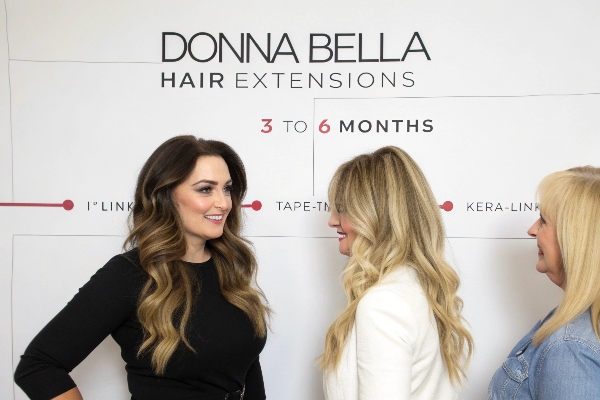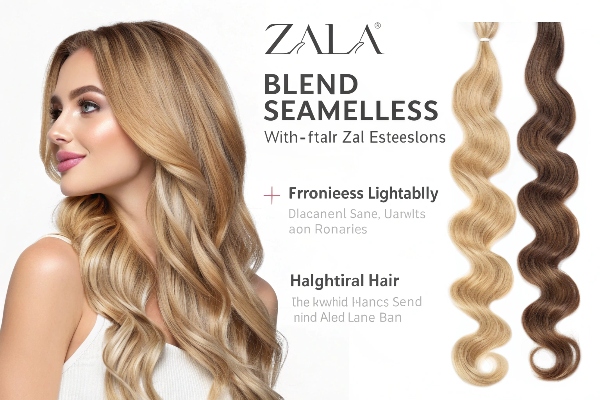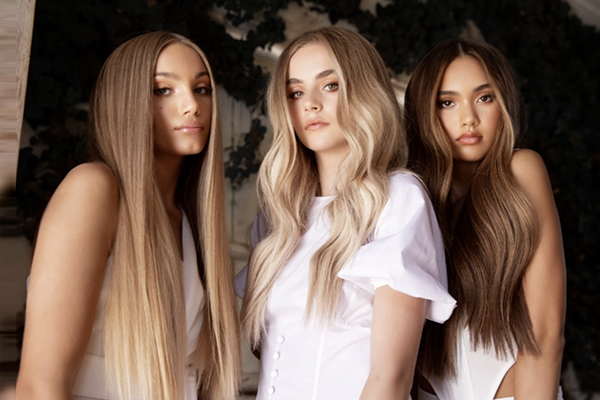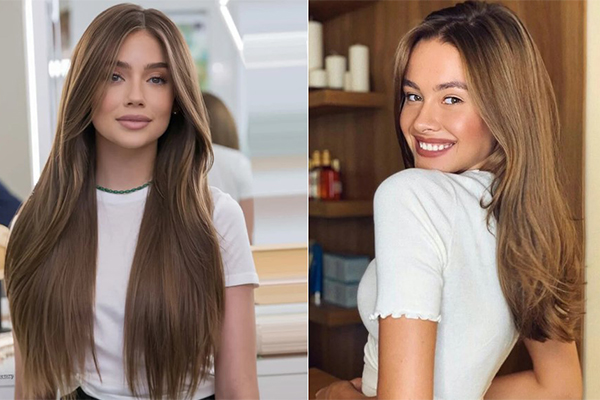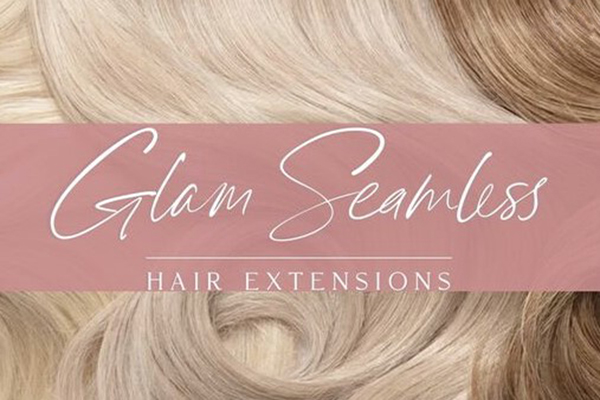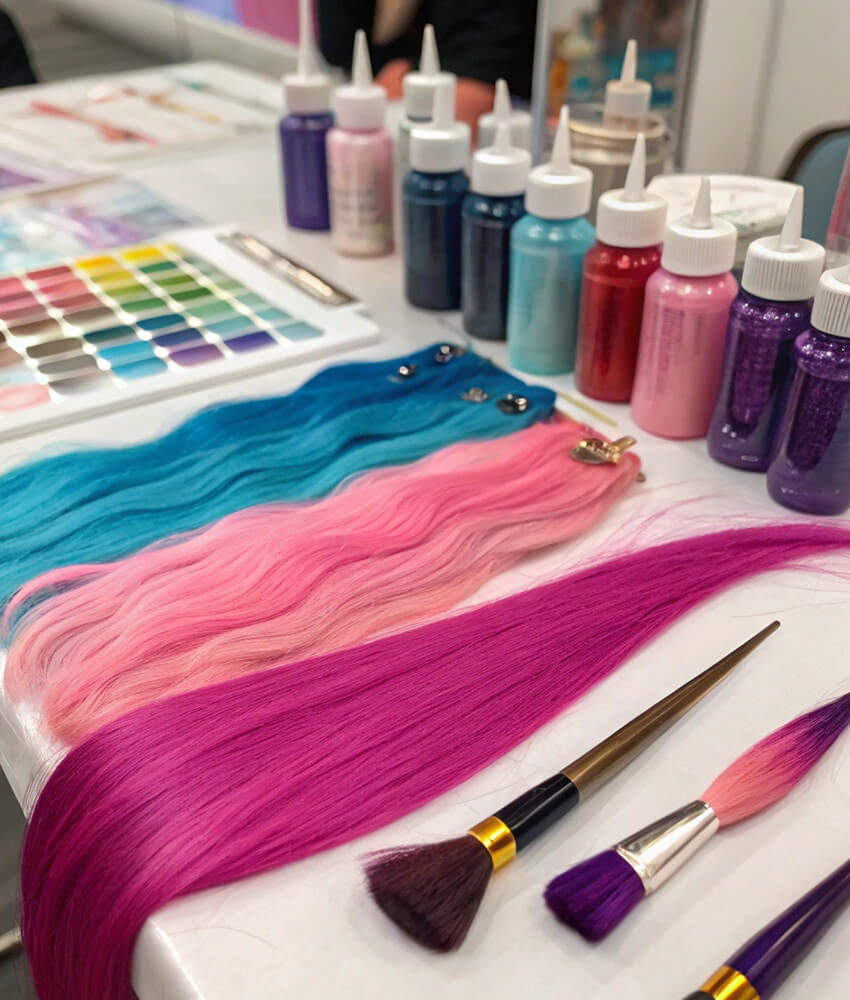Hair quality perceptions uniquely blend genetic factors with cultural beauty standards, influencing how different hair types are valued across societies.
Asian hair is frequently regarded as high-quality, characterized by its thick strands, straight texture, and natural luster, which contribute to its global acclaim.
The dense cuticles inherent in Asian hair1 significantly reduce its susceptibility to damage, making it a highly sought-after option within the beauty industry for extensions and wigs. Furthermore, the cultural emphasis on meticulous hair care routines and the promotion of healthy hair practices enhance its perceived quality. These attributes not only reflect genetic advantages but also cater to evolving beauty ideals worldwide.
What race has the strongest hair genes?
Genetic predispositions play a significant role in enhancing the structural integrity and growth stimulation of hair.
African hair genetics contribute to strong roots, leading to the development of dense, voluminous curls that are celebrated for their versatility and unique stylistic potential.
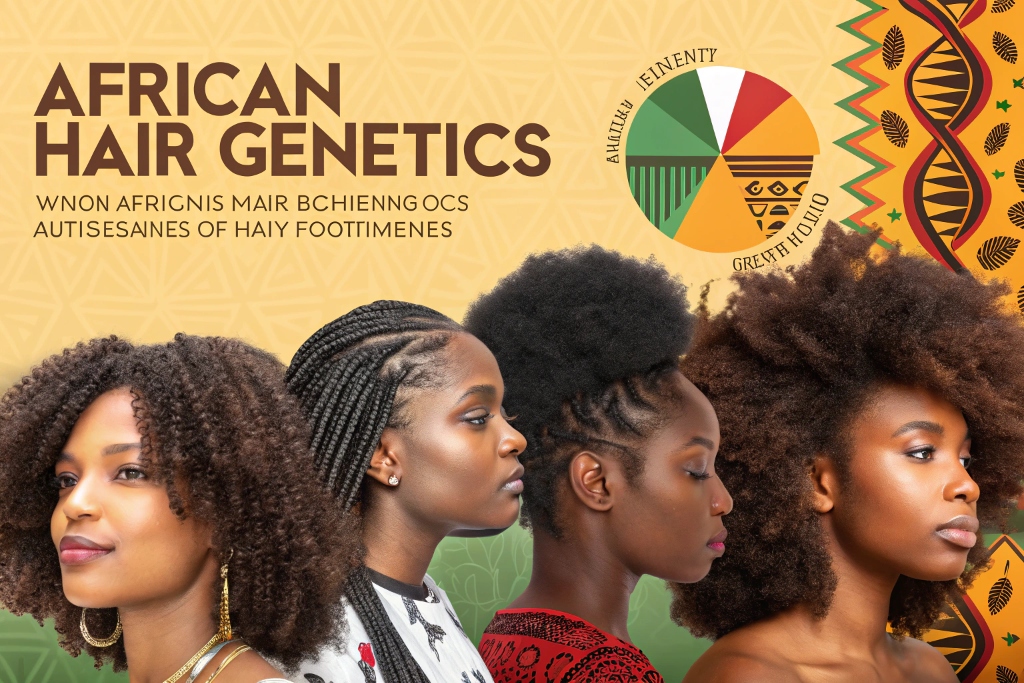
Contrary to its delicate appearance, African hair2 possesses remarkable resilience, resisting extensive elongation forces thanks to robust follicular strength.
This remarkable durability allows for a variety of natural and protective styles3, enabling individuals to explore different looks while safeguarding their hair from damage. Furthermore, the versatility of African hair means it can seamlessly adapt to various environmental conditions, making it suitable for a range of lifestyles.
Cultural influences also encourage creativity in styling, from intricate braiding to afros, highlighting not only personal expression but also a celebration of heritage. Overall, the genetic foundation of African hair supports this rich diversity, contributing to its status as a unique and cherished asset in the beauty realm.
Who Has the Healthiest Hair on Earth?
Determining hair health involves a comprehensive understanding of lifestyle, genetics, and habitual practices.
Japanese individuals frequently display remarkably healthy hair, a result of dietary influences abundant in omega-3 fatty acids and a traditional hair care regimen designed to nurture scalp wellness.
A balanced diet that includes fish, seaweed, and other nutrient-rich foods significantly enhances hair vitality. Additionally, meticulous grooming practices—such as regular oil treatments and protective styles—contribute to the maintenance of impressive hair strength and luster.
The Japanese approach to hair care often emphasizes gentle cleansing, deep conditioning, and the use of natural products, which protect hair from damage while promoting its overall health. This holistic combination of nutrition and dedicated care cultivates not only beautiful hair but also resonates with cultural values that prioritize natural beauty. Ultimately, the secrets behind Japanese hair health offer valuable insights that can benefit anyone seeking to improve the quality of their hair.
Which Race Loses Hair the Least?
Variations in hair loss highlight genetic differences and unique lifestyle factors among various populations.
Asian populations generally experience the least amount of hair loss, attributed to genetic predispositions that support slower hair thinning processes, as well as lifestyle practices that promote overall hair health.
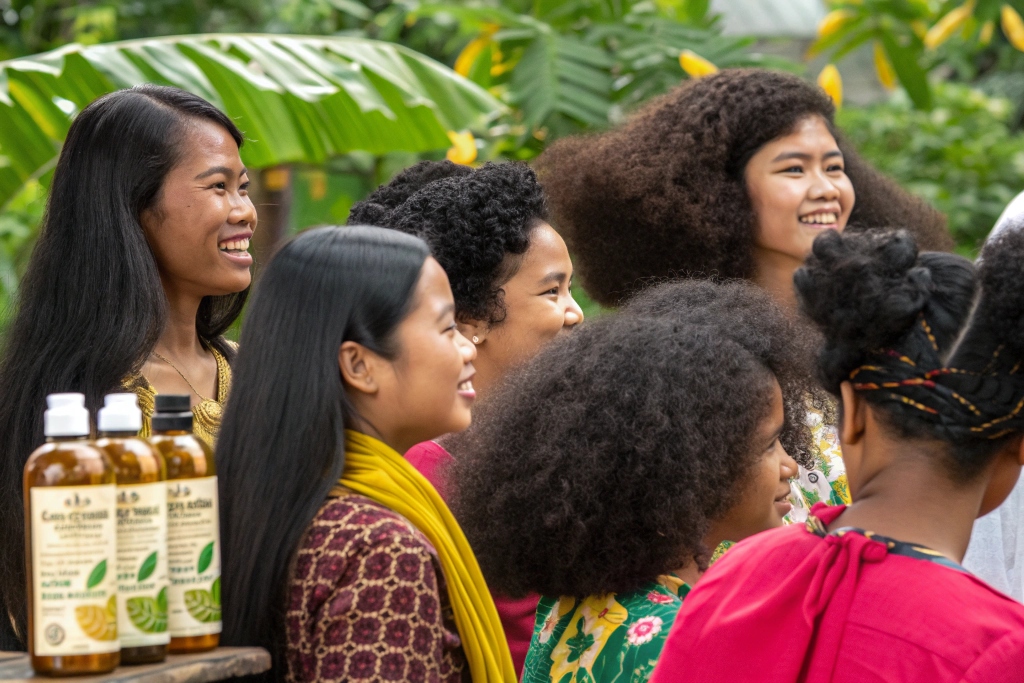
The genetic makeup of individuals in these communities often includes traits that favor denser hair density and a lower risk of baldness. Additionally, protective cultural customs, such as regular oiling and careful styling, help mitigate the risk of damage and promote hair retention.
Favorable climatic conditions, combined with diets rich in vital nutrients, including vitamins and omega-3 fatty acids, provide essential support against premature hair loss. These combined factors create an environment conducive to maintaining healthy hair, reflecting deeper cultural values that prioritize hair care. Understanding these aspects can provide insights and guidance for individuals looking to enhance their own hair health, regardless of genetic background.
Which Race Has the Slowest Hair Growth?
Differences in hair growth rates reflect biological diversity and various environmental influences.
African hair typically exhibits the slowest growth rate, averaging about 0.25 inches per month, a characteristic influenced by its tightly coiled structure and unique follicular growth cycles.
This coiled hair pattern minimizes the direct exposure of the scalp to moisture, which can lead to dryness and potential breakage if not properly maintained. As a result, individuals with African hair often need to invest in nurturing hair care routines that focus on hydration and elasticity. These practices include using moisturizing oils, regular conditioning treatments, and protective styling to minimize damage and promote gradual lengthening. Understanding these factors is essential for those seeking to embrace healthy hair practices and enhance growth, regardless of hair type.
Which Ethnicity Does Not Lose Hair?
Understanding hair retention involves recognizing the nuances of biological adaptations and environmental factors.
While no ethnicity is entirely free from hair loss, certain indigenous Australian and South Pacific communities demonstrate lower incidences of hair thinning, largely due to genetic adaptations and nutritionally rich diets found in their habitats.
These populations possess unique genetic traits that enhance dermoscopic resilience, allowing for prolonged follicular retention and reduced susceptibility to hair loss. Additionally, their diets, often rich in omega-3 fatty acids, vitamins, and minerals, contribute significantly to the overall health of hair and scalp, mitigating the effects of potential hair loss factors such as stress and environmental damage.
This combination of genetic and environmental advantages serves to protect these communities against hair loss, showcasing the intricate relationship between genetics, lifestyle, and hair health.
Conclusion
Hair quality, strength, and health are intricately woven with genetic makeup, lifestyle practices, and external environments. Appreciating diverse traits across ethnicities reveals insights into complex beauty ecosystems, where each race contributes unique characteristics to the global hair narrative.
Discover the unique qualities of Asian hair that make it a top choice for extensions and wigs, enhancing your beauty options. ↩
Explore the unique characteristics of African hair to understand its resilience and styling versatility. ↩
Discover the best protective styles for African hair to maintain its health and beauty while expressing your personal style. ↩

